Remaking Maintenance Culture
Alex Cuenca Operations Analyst, Maxus PropertiesFacing turnover, a phrase came to mind...
When I first heard the phrase “corporate shovedown” several years ago from a colleague in multifamily, I knew I wouldn’t forget it. As you might guess, it’s the most blunt way possible to describe when executives send a message from the top — without asking anyone below them for input.
Sure enough, the phrase was top of mind when Maxus Properties asked me to help improve our maintenance culture. The goal was to unravel the problem of turnover, an issue seen by every operator in the industry. With “corporate shovedown” in my thoughts, I decided we’d find our turnover answer not by commanding techs — but by listening to them. Here’s how Maxus is making it happen.
Want to get techs talking? Bring them together.
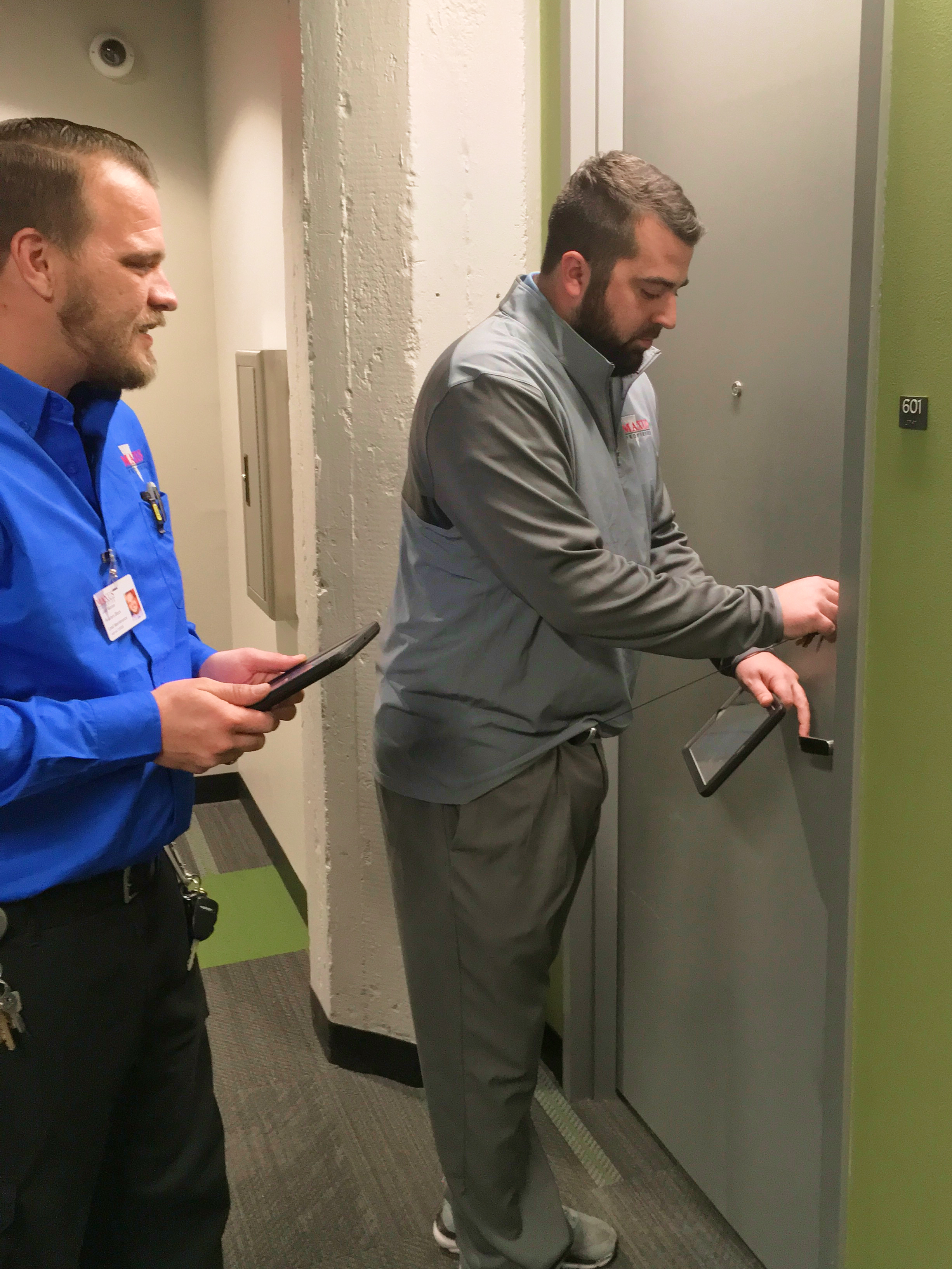 It may sound simple, but I think the best way to get employees talking is to bring them together in a big group. Maxus already invites about 70 or 80 staff members to NAA every other year. But to address our maintenance turnover problem head-on, we decided to go a step further and started hosting a maintenance team conference of our own, every year, here at our headquarters in Kansas City.
It may sound simple, but I think the best way to get employees talking is to bring them together in a big group. Maxus already invites about 70 or 80 staff members to NAA every other year. But to address our maintenance turnover problem head-on, we decided to go a step further and started hosting a maintenance team conference of our own, every year, here at our headquarters in Kansas City.
For our October 2019 conference, we decided to change course in a variety of ways to truly hear what was on people’s minds. First, we divided the attendees into three smaller groups to get them comfortable discussing a range of work culture issues — topics we'd raised in anonymous survey, emailed before the conference.

The purpose was to learn exactly what was making some of our techs feel ill-prepared for their tasks, or set up for failure altogether. We’d heard this much already — but only after it was too late.
This time around, in true Maxus style, we wanted to understand the why before anything got worse. It turns out, some of our techs felt they weren’t getting the right kind of training to handle the many kinds of tasks that come their way. They also felt we should be communicating more effectively inside the organization about new maintenance job postings. Many expressed frustration that they weren’t being formally told about opportunities that would serve as promotions, even if the roles required a cross-country move.
“It turns out, some of our techs felt they weren’t getting the right kind of training to handle the many kinds of tasks that come their way.”
Others felt their potential to explore and ultimately transition to Maxus roles unrelated to repair work — e.g. leasing specialists or accounting team members — seemed to be an impossibility. Finally, many of our tech team members showed a strong interest in being recognized more often (and publicly) for reaching certain maintenance milestones. Ultimately, they wanted us to demonstrate, from time to time, that we’re proud of the work they do.
With much to mull over, our maintenance leadership decided to first address the area with the greatest potential for trouble: training.
Rethinking the training balance.
As a fair number of our maintenance supervisors reported they wanted more out of Maxus’s onboarding training, we’re now in the process of rethinking the balance between interactive experiences and technical lessons. We understand that people don’t want to sit in front of a computer passively soaking up information the entire time. To some extent, they’re going to want human interaction along the way.
So, as Maxus finds itself in the middle of a moment where we’re hiring rapidly, going from 350 employees to many more, it’s important that we rethink how to prepare our employees for their roles. For now, we’re convinced it’s not effective to have people sit in a conference room for two weeks and soak up maintenance knowledge presented on a screen.
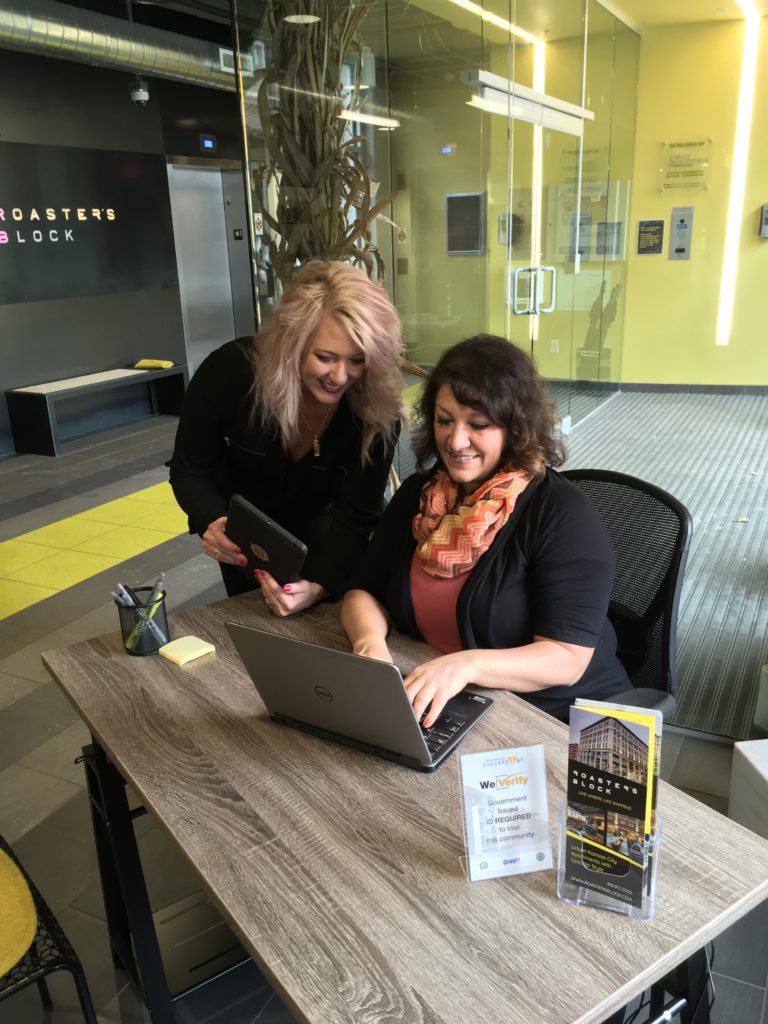
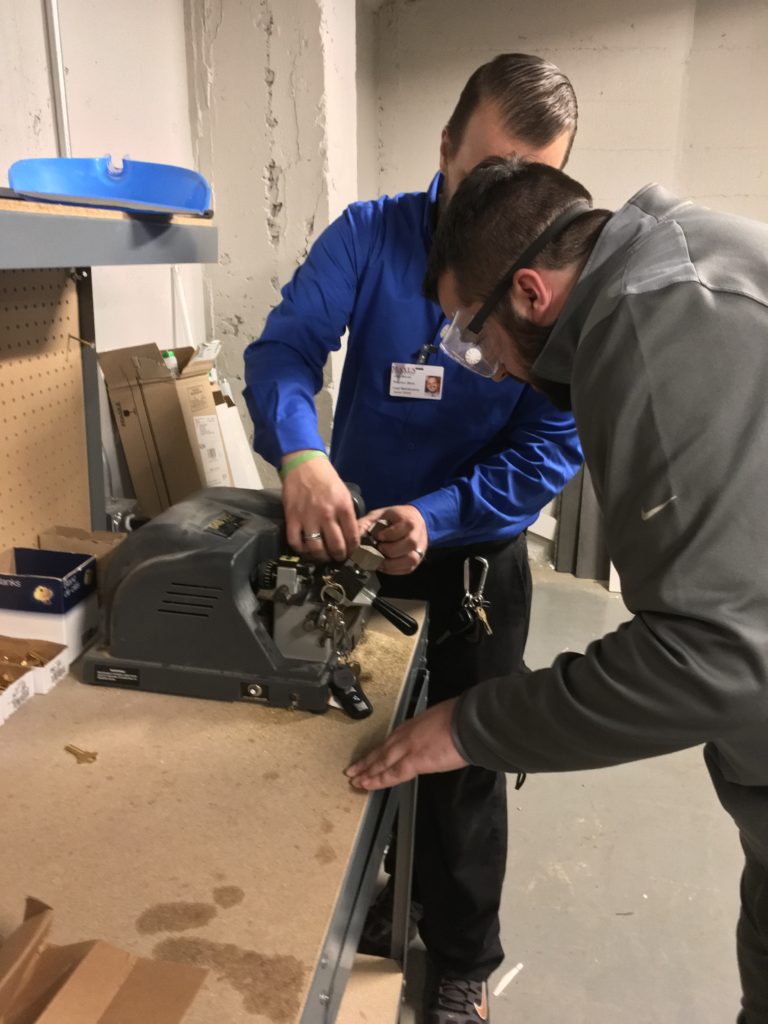
With that as a starting point, we’re working to change direction and have new maintenance hires come up to the corporate office when it’s possible. Since they’ve already impressed us with their repair skills — from fixing sinks to navigating electrical — this is a key way to let them air any concerns or ask questions from the very beginning.
I’m looking forward to seeing how this kind of strategy helps us build a strong maintenance community, as I’ve already seen evidence that the effort pays off. After our October maintenance conference, for example, I welcomed the team members who attended to contact me with any questions. Far from shying away, several employees have taken the opportunity to write me about specific Maxus policies or the industry at large.
With training approaches behind us, I’ll touch on one of the trickiest issues we uncovered in our maintenance survey: career paths.
No more pigeonholing: tackling career tracks.
At Maxus, we’re lucky to have many people who are faithful to our teams and to our mission. But that can sometimes create a situation where we don’t get an accurate sense of what these team members really want to do. For example, we learned from our recent survey that many techs would be eager to move cities for a role that advanced their status along the maintenance ladder.
Unfortunately, a fair number of our techs suggested the company isn’t making enough of an effort to alert them about these career-changing open roles. As a result, some of our loyal team members reported feeling pigeonholed. Instead of letting this problem lead to resentment, we’re taking action now to help our staff launch lasting and varied careers with Maxus.
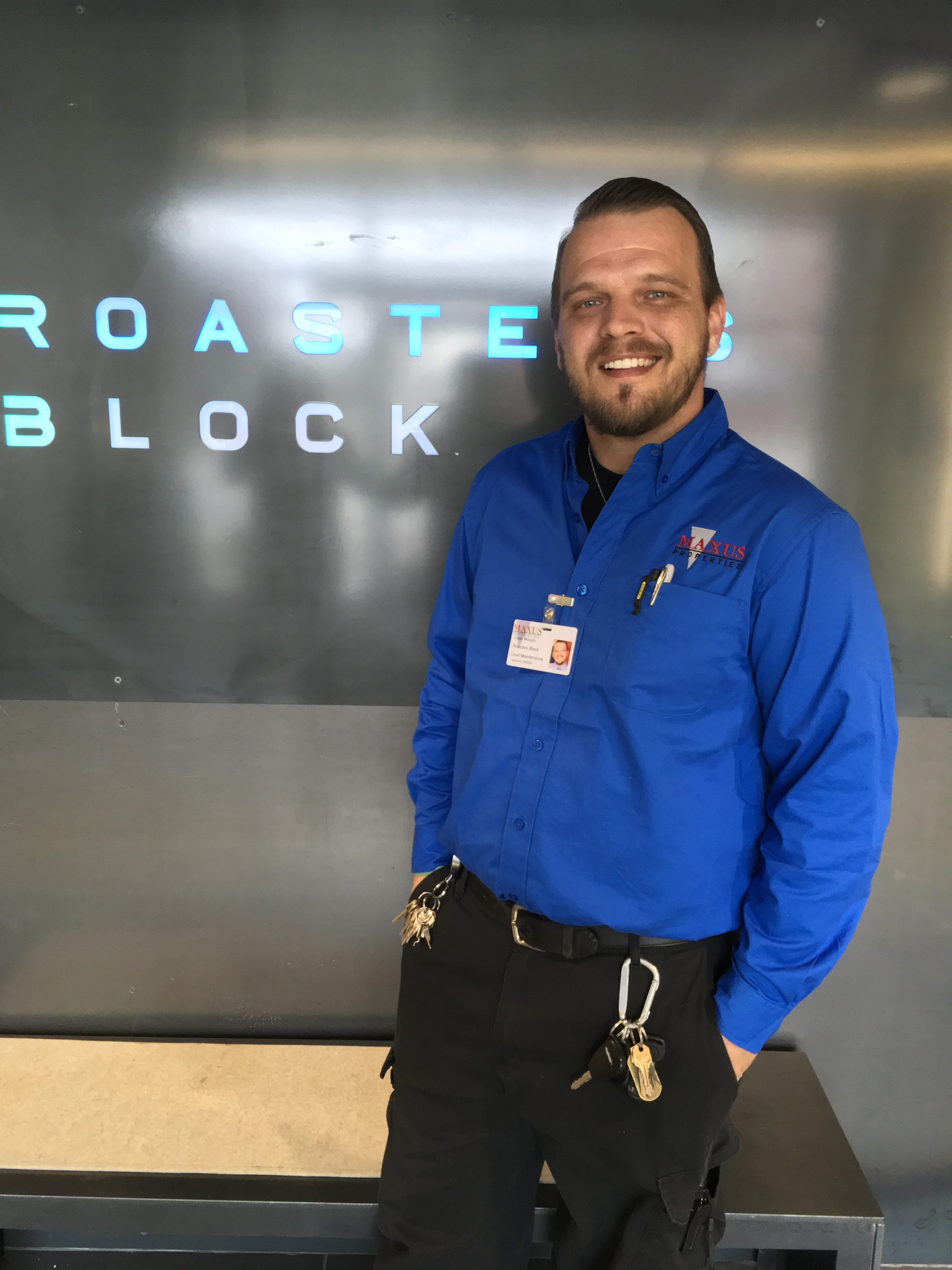 First, we’re redesigning our intranet to include a regular, company-wide newsletter. We plan to have an entire section describing new and open employment opportunities so that our employees feel encouraged to branch out if they’d like. Along the same lines, we’re working to produce internal guidelines so that our techs have a communication framework to share the news with their boss that they may want to pursue a different role within Maxus.
First, we’re redesigning our intranet to include a regular, company-wide newsletter. We plan to have an entire section describing new and open employment opportunities so that our employees feel encouraged to branch out if they’d like. Along the same lines, we’re working to produce internal guidelines so that our techs have a communication framework to share the news with their boss that they may want to pursue a different role within Maxus.
But we’re not stopping there. Maxus is also taking seriously the criticism that our employees don’t always feel it’s possible to switch departments within the company.
For example, we have had a fair number of maintenance technicians who are really sharp with numbers, in addition to being technically skilled. One of these employees recently expressed an interest in joining the front office as a property manager. He has such a strong business acumen and believes these skills would translate well to that team. So, we’re now working as an organization to ensure our employees have the frameworks they need to communicate potential career changes to their managers.

Of course, Maxus is proud to have several maintenance teams across our portfolio who experience little to no turnover. However, after our eye-opening conference in October, we’re realizing that this trend may only seem like good news; we won’t know for sure until we dig a little deeper. It’s why we’re taking a more proactive approach and providing pathways for talented techs (and others at Maxus) to grow with us in the ways that best suit them.
Finally, I’m excited to discuss perhaps the most important approach we’re taking to improve our maintenance culture: publicly recognizing employees’ hard work.
The value of recognizing hard work.
First off, the newsletter we’re designing at Maxus isn’t going to stop at job announcements. We’re going to make sure it also features a “get-to-know-you” section celebrating employees who’ve done something especially noteworthy on the job or who have reached a major milestone in their career with us.
After all, one of the most valuable take-aways we got from our recent survey was that people want to be recognized in front of their peers. It doesn’t have to be an award or a pat on the back. People just want to feel that their work is noticed — and that it matters to us.
I actually took our first steps in this area during the October conference, spending 15 minutes to recognize our team members who had the highest number of inspections. By handing out prizes like a HappyCo t-shirt or bluetooth speakers from a vendor, I could see our hard-working techs light up and feel proud they’d met a certain standard.
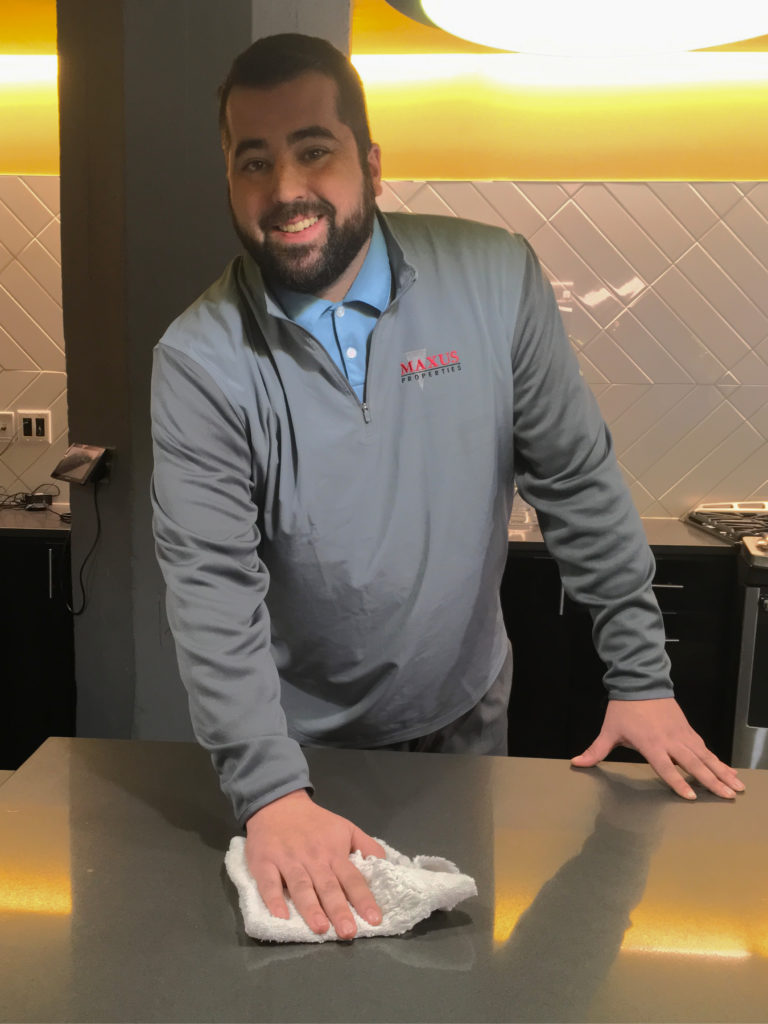
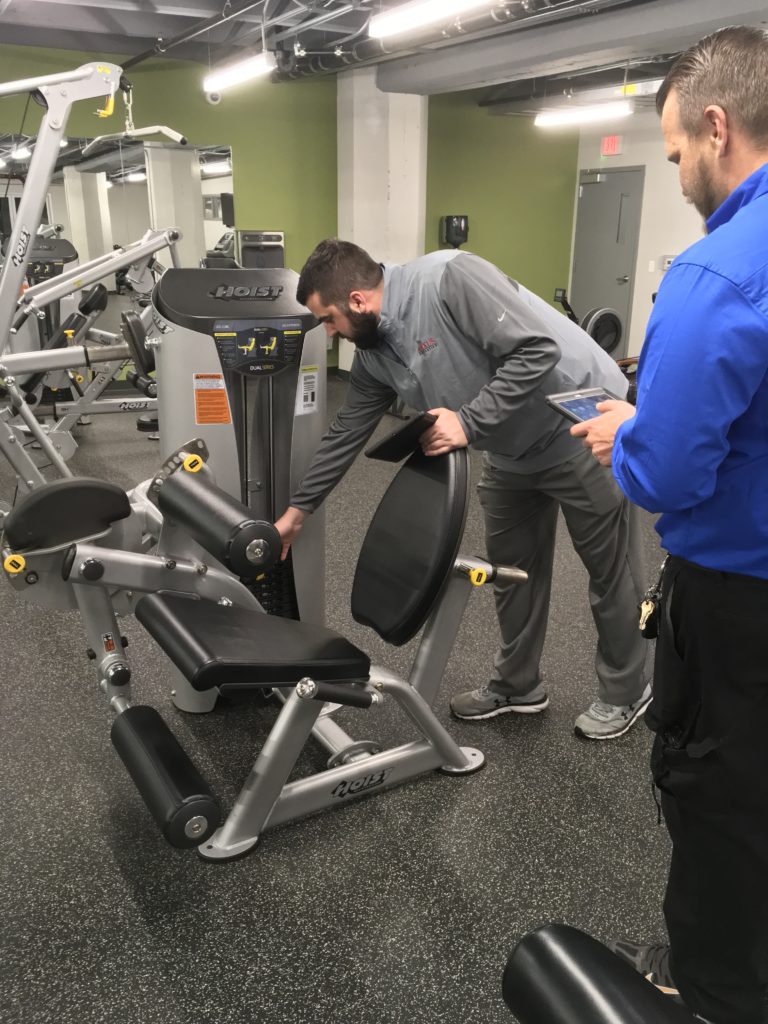
Since we’re all quite competitive with ourselves at Maxus, I could tell that the gesture made some of the other guys look disappointed. But I sensed them perk up pretty quickly and start asking questions about the process to their colleagues who’d earned praise. Soon enough, a really positive attitude came over the group, like they were all excited to meet a high standard next time around.
Naturally, for the holidays, we’re upping the ante to build community among our maintenance teams. We’re doing a Holiday Hop where we’ll bring our corporate office people on a bus and have them hand-deliver gift cards to Maxus employees from every team at all of our sites in Kansas City. We’ll do this a second time during Christmas to send the message that we genuinely value those who work for us.
We feel recognition is not just about writing one social post, but instead doing something truly memorable, something that inspires people to come home and tell their husband or wife: “hey, this really nice thing happened at work today!”
“We feel recognition is not just about writing one social post, but instead doing something truly memorable, something that inspires people...”
Maxus is growing constantly, with even our top leadership positions seeing new faces. But these changes have given our departments powerful opportunities to change the status quo. The way we see it, when one major transition happens, it’s suddenly possible to start thinking: “‘hey, why don’t we try doing this’” for a different part of the business. I'm confident it'll change our maintenance culture dramatically, creating a more close-knit workplace with faster responses times to employee feedback.